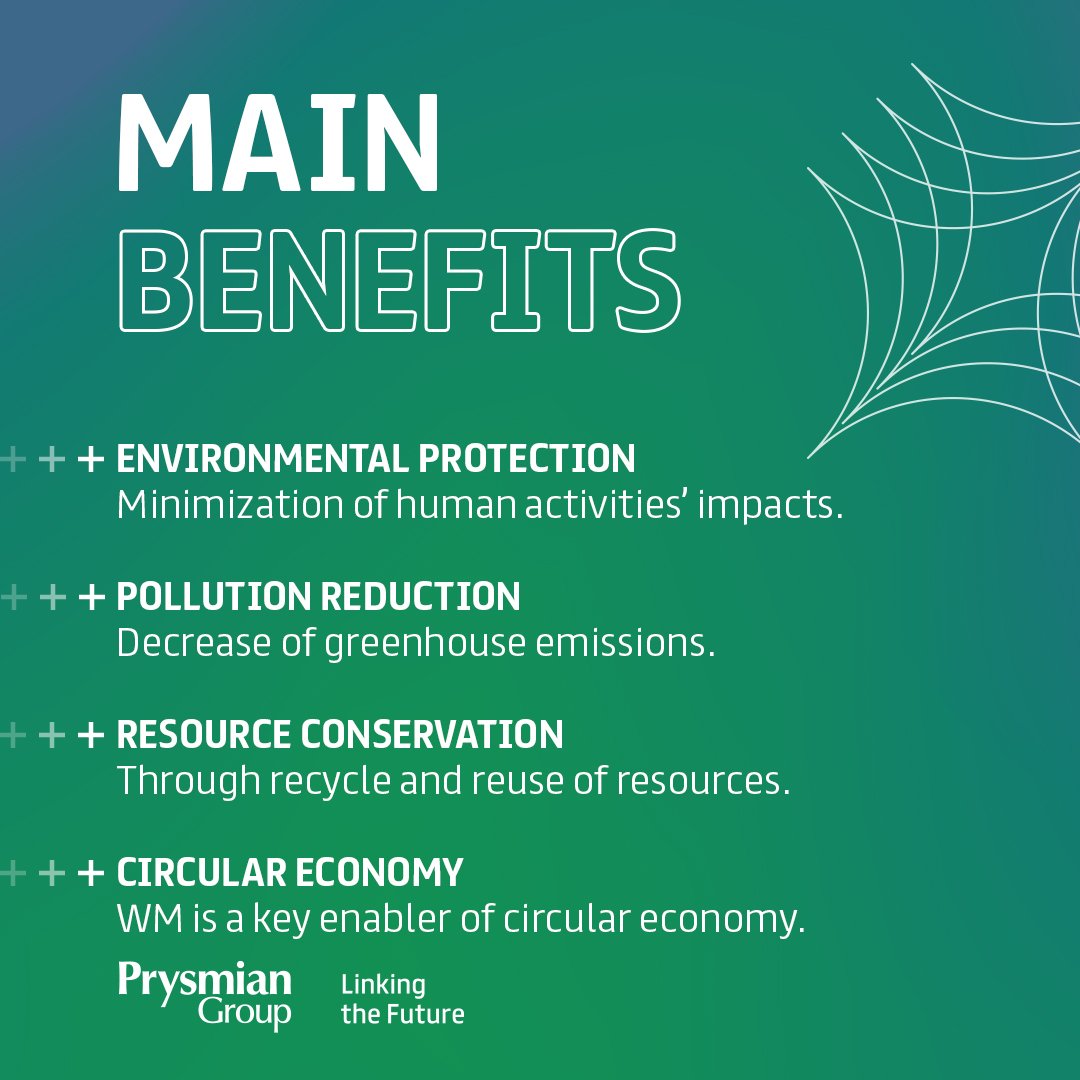About Reclaim Waste
About Reclaim Waste
Blog Article
Little Known Questions About Reclaim Waste.
Table of ContentsReclaim Waste Fundamentals ExplainedNot known Facts About Reclaim WasteThe Buzz on Reclaim WasteSome Of Reclaim Waste3 Easy Facts About Reclaim Waste Shown
Discover the types, events, and kinds of liquid waste. Residential sewage waste refers to the waste and products from a residential sewage-disposal tank. This sort of waste is produced by humans in homes, colleges, and other buildings. This only consists of septic containers that have a drainpipe area. The correct management and disposal of domestic sewage waste call for fluid waste to be moved to a sewer therapy plant where the correct techniques and equipment are related to cleanse and get rid of waste.
Commercial waste frequently consists of prospective threats, such as flammable products or a blend of liquid and strong waste items, and requires an extra sophisticated and thorough disposal process. The disposal of business waste typically involves the filtration of waste before transport to ensure safe and appropriate disposal. Industrial waste is developed from by-products and drainage of commercial procedures and production.
This kind of waste can not use the very same sewer management transport or procedures as septic or industrial fluids. The hazardous waste monitoring process needs the inspection and testing of liquid waste before it undergoes the disposal procedure (liquid waste removal). Runoff waste is the fluid waste that comes from overflow and excess stormwater in highly inhabited locations or cities
Drainage waste can cause contamination and flooding if not handled properly. Making sure proper waste administration can stop disasters and lower ecological damage.
Facts About Reclaim Waste Revealed
Get in touch with PROS Providers today to discover our waste management and disposal solutions and the proper methods to look after the liquid waste you generate.
(https://www.callupcontact.com/b/businessprofile/Reclaim_Waste/9368278)This so-called 'wastewater' is not just an important source however, after treatment, will certainly be released to our land, waterways or the sea. Utilized water from commodes, showers, baths, cooking area sinks, laundries and industrial processes is recognized as wastewater.

water utilized to cool down machinery or clean plant and tools). Stormwater, a type of wastewater, is drainage that flows from farming and urban locations such as roofs, parks, yards, roadways, paths and rain gutters right into stormwater drains, after rainfall. Stormwater flows untreated straight to regional creeks or rivers, eventually getting to the sea.
Unknown Facts About Reclaim Waste
In Queensland, a lot of wastewater is dealt with at sewer therapy plants. Wastewater is carried from residential or industrial websites through a system of sewers and pump stations, known as sewerage reticulation, to a sewage therapy plant. City governments construct, preserve and operate most sewer therapy plants. Operators are licensed under the Environmental Security Act 1994 to release cured wastewater at an appropriate ecological standard into waterways.
The Division of Natural Resources advises city governments about managing, operating and preserving sewerage systems and treatment plants. In unsewered areas, city governments may call for householders to install individual or house sewage treatment systems to treat residential wastewater from bathrooms, kitchen areas, shower rooms and laundries. The Department of Natural Resources authorizes the use of home systems when they are proven to be reliable.
A lot of stormwater receives no therapy. In some brand-new class, therapy of some stormwater to eliminate litter, sand and gravel has begun using gross pollutant catches. Wastewater therapy takes place in 4 stages: Gets rid of solid matter. Bigger solids, such as plastics and other things incorrectly released to drains, are removed when wastewater is passed via displays.
Wastewater then flows into big storage tanks where solids resolve and are removed as sludge. Oil and scum are skimmed from the surface. Makes use of tiny living microorganisms referred to as micro-organisms to damage down and remove continuing to be dissolved wastes visite site and great fragments. Micro-organisms and wastes are integrated in the sludge. Gets rid of nitrogen and phosphorus nutrients that could trigger algal blossoms in our waterways and endanger water life.
The Definitive Guide to Reclaim Waste
Nutrient elimination is not offered at all sewage treatment plants because it requires pricey specialised tools. Clear fluid effluent created after treatment may still include disease-causing micro-organisms - industrial wastewater treatment.

This typically indicates wastewater has actually to be dealt with or pollutants eliminated prior to it can be discharged to rivers. The majority of wastewater flows into the sewage system. Under the Act, city governments provide approvals and permits for ecologically relevant tasks (Ages) including wastewater launches that may have a regional impact. The division administers approvals and licences to Ages including wastewater launches that might have a regional or statewide influence.
Some Known Incorrect Statements About Reclaim Waste
Or else, samples are considered research laboratory evaluation. Usually numerous examinations are required to establish the degrees of each of the different contaminants such as oils, hefty metals and pesticides in water. Surveillance gives factual information regarding water high quality and can validate that permit problems are being met. The info acquired via surveillance provides the basis for making water quality choices.
Report this page